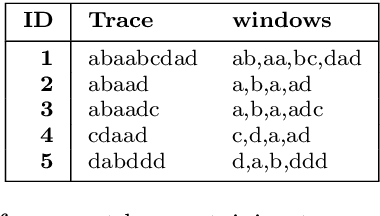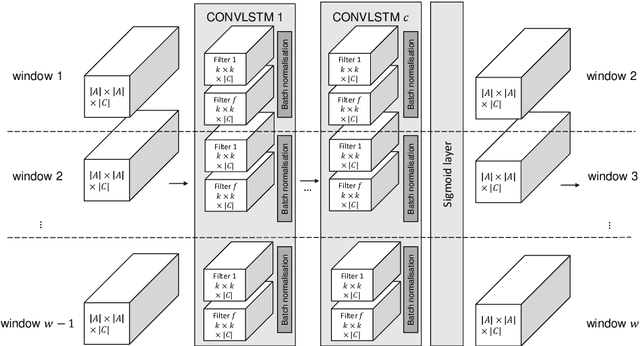Predictive Process Model Monitoring using Recurrent Neural Networks
Paper and Code
Nov 05, 2020



The field of predictive process monitoring focuses on modelling future characteristics of running business process instances, typically by either predicting the outcome of particular objectives (e.g. completion (time), cost), or next-in-sequence prediction (e.g. what is the next activity to execute). This paper introduces Processes-As-Movies (PAM), a technique that provides a middle ground between these predictive monitoring. It does so by capturing declarative process constraints between activities in various windows of a process execution trace, which represent a declarative process model at subsequent stages of execution. This high-dimensional representation of a process model allows the application of predictive modelling on how such constraints appear and vanish throughout a process' execution. Various recurrent neural network topologies tailored to high-dimensional input are used to model the process model evolution with windows as time steps, including encoder-decoder long short-term memory networks, and convolutional long short-term memory networks. Results show that these topologies are very effective in terms of accuracy and precision to predict a process model's future state, which allows process owners to simultaneously verify what linear temporal logic rules hold in a predicted process window (objective-based), and verify what future execution traces are allowed by all the constraints together (trace-based).
 Add to Chrome
Add to Chrome Add to Firefox
Add to Firefox Add to Edge
Add to Edge